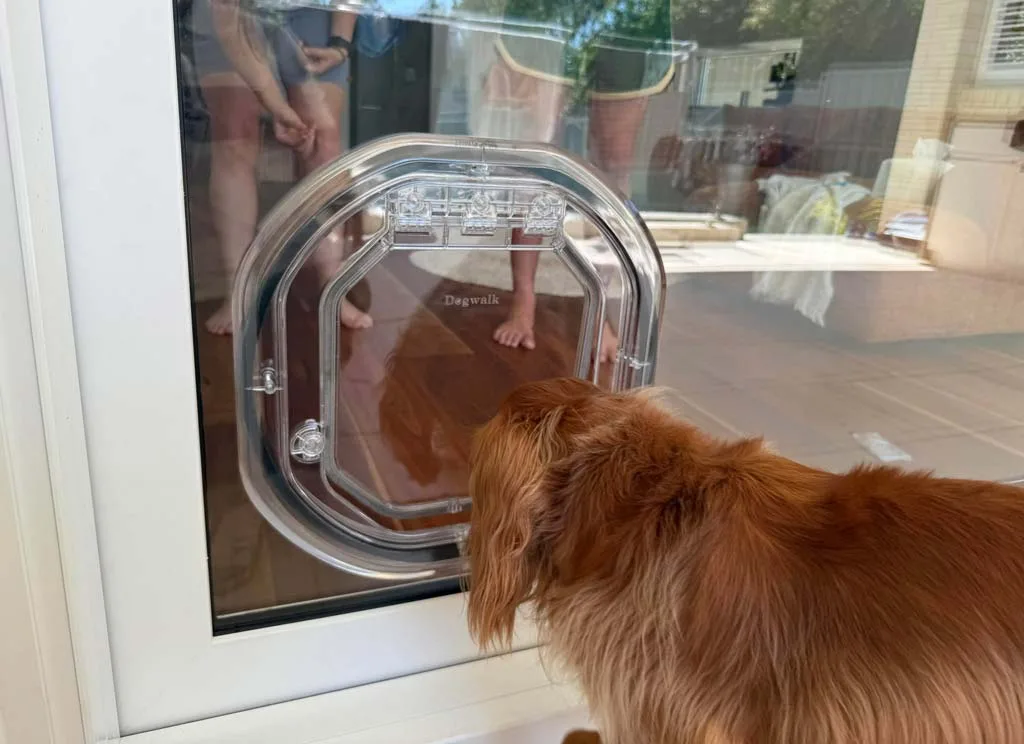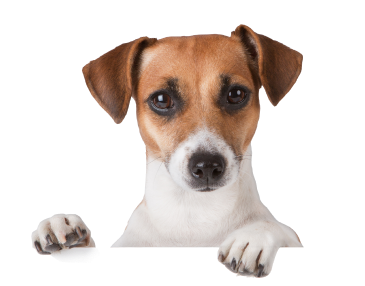Dogs are deeply social animals, but they’re not clingy by nature. In a healthy pack dynamic, every dog understands the flow between closeness and space. They follow, rest, observe, and act on instinct, and when they feel confident, they move through their environment independently.
But in modern homes, especially apartments or city dwellings, that natural rhythm can become disrupted. Dogs that rely entirely on their owners for movement, access, and decision-making may begin to show signs of anxiety, frustration, or over-dependence.
This isn’t bad behaviour. It’s communication.
Let’s take a look at how dogs express their need for independence, and how simple, thoughtful changes like installing a dog door can restore balance for both pet and owner.
The Role of Autonomy in Canine Behaviour
In the wild, and in balanced homes, dogs are calm when they know what’s expected of them. They don’t demand attention, but they appreciate the freedom to make low-stakes decisions: where to lie, when to stretch their legs, when to take a break from the group.
Without that freedom, dogs often become:
- Clingy and anxious
- Restless and overstimulated
- Destructive or noisy
- Confused about their role in the household
Independence builds confidence. Giving your dog structured freedom shows leadership — and trust.
1. Scratching or Waiting at the Door
When your dog constantly scratches at the door, stands nearby waiting, or paces between rooms, it’s a clear signal: they want access to something they don’t currently have.
Sometimes that “something” is simple:
- A bit of fresh air
- A chance to go to the toilet
- A break from noise or people
- A sun patch on the balcony
These small needs matter to your dog’s mental balance.
Providing access through a secure dog door for glass or dog door for timber doors lets them move with purpose, without waiting on you every time.
✨ Explore dog doors for apartments and homes →
2. Clingy Behaviour or Following You Constantly
Does your dog follow you from room to room? Do they whine when you leave — even for a moment?
This isn’t just attachment. It’s uncertainty.
Dogs who can’t move freely don’t build the confidence to separate naturally. They become overly reliant on your presence, not because they want to but because they feel they must.
You can restore their sense of balance by:
- Giving them private space (like a dog-safe balcony or courtyard)
- Installing a patio panel dog door so they can come and go without your intervention
- Encouraging independence with calm routines and light boundaries
And if your dog seems unsure about using a door? That’s where our pet door training comes in — tailored for dogs who need a little guidance to build confidence.

3. Restlessness and Overstimulation
Restless dogs don’t rest well.
If your dog paces the hallway, jumps up at every sound, or never settles, they’re likely looking for an outlet. Dogs without movement options can become overstimulated in a confined environment, especially high-energy breeds or younger dogs.
Movement = clarity.
A dog door leading to a courtyard or fenced yard (yard, balcony, patio) lets them self-regulate. They can step outside, sniff, calm themselves, and return. It’s a subtle but powerful way to support their natural energy cycles.
4. Barking at Every Noise or Person
Dogs are territorial by nature. But when they feel trapped inside with no way to assess or respond to the world outside, they tend to bark — and bark often.
What starts as alert barking can turn into:
- Reaction to every passerby
- Barking at the wind or wildlife
- Over-sensitivity to sound
Adding a secure dog door (even if it leads to a fenced area or balcony) gives your dog a way to respond appropriately — and then disengage.
Instead of escalating, they learn to observe, assess, and return to rest.
5. Potty Accidents Despite Being Trained
If your dog is house-trained but still has occasional accidents near the door, it may not be a training issue. It may be a timing one.
Dogs that can’t access the outdoors when they need to — especially during long workdays or overnight — often hold too long, leading to discomfort or failure.
A well-placed dog door:
- Reduces accidents
- Prevents urinary health issues
- Builds your dog’s confidence in managing their needs
We see this often with senior dogs, puppies, or dogs in high-rise apartments.
6. Lying by the Window or Watching the Door
Does your dog stare longingly out the glass? Do they “guard” the front door?
These are signs they’re trying to access their world — the one filled with fresh smells, sunbeams, distant sounds, and activity.
Giving your dog a way to step into that world (even briefly) satisfies that instinct and prevents frustration.
A dog door for sliding glass lets your pet enjoy their view, chase a few shadows, or simply rest outside with a change of scenery.
What Kind of Dog Door Is Right for This?
Every home and dog is different. At Sydney Paws Petdoor, we install dog doors in all types of properties, including:
- Sliding glass doors (great for apartments and balconies)
- Timber panel doors
- Security screen doors
- Removable patio panel inserts (ideal for renters)
We also offer custom solutions for narrow spaces, low-clearance entries, and homes with unique layouts.
Explore your options here: ➡️ Dog Doors for All Homes & Dogs
Need Help Teaching Your Dog to Use Their Door?
Installing the door is just the beginning. Helping your dog feel confident using it is the real win.
That’s why we include expert dog door training with every install:
- On-site coaching during the visit
- Simple follow-up sessions if needed
- 100% success guarantee
Whether your dog is unsure, anxious, or just stubborn — we’ve got a method that works.
Final Thoughts: Give Them the Freedom They’ve Earned
Dogs don’t need chaos, endless parks, or a back paddock to be happy. What they need is control over the little things: when to go outside, when to rest, and when to rejoin their pack.
Giving your dog that freedom — with structure, safety, and trust — changes everything.
✨ Book your dog door installation and help your dog thrive through calm, confident independence.


